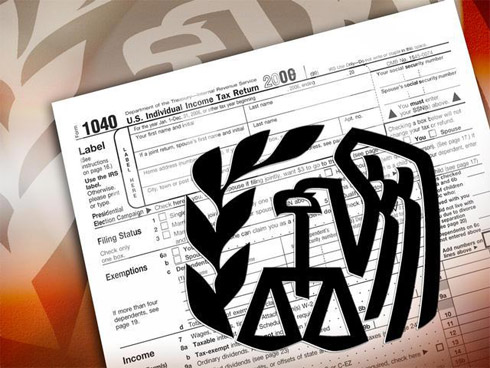High Net Worth Individuals Can Expect More Tax Audits


Just when you think it can’t get any worse, be prepared as the Federal Government is ready to pounce and roll out a program of increase tax audit on high net worth individuals.
As pressure from Congress to raise revenue and close the multi-billion dollar “tax gap” continues, the IRS looks to increase the number of audits against high-net worth individuals.
The IRS, as a result of increased funding and directives from Congress, is currently hiring a vast number of tax auditors and collectors, and creating special new units to use a wide spectrum of tactics for investigating wealthy taxpayers for tax compliance.
Most U.S. citizens take great pride in paying as little tax as legally possible, and they will pay good money for this right. But as the government tries to squeeze taxpayers for more than what they perceive as fair, animosity will begin to build, sometimes with catastrophic results.
To be fair, this deficit reduction strategy can be found in areas represented by both sides of the aisle, and on the state level as well.
If you find yourself in the position of receiving an audit notice from the IRS, don’t panic. Get in touch with an attorney or CPA who has a track record of success dealing with IRS audits. Here are eight things you should know to move forward.
· Don’t panic. Many of these letters can be dealt with simply and painlessly.
· There are a number of reasons why the IRS might send you a notice. Notices may request payment of taxes, notify you of changes to your account, or request additional information. The notice you receive normally covers a very specific issue about your account or tax return.
· Each letter and notice offers specific instructions on what you are asked to do to satisfy the inquiry.
· If you receive a correction notice, review the correspondence and compare it with the information on your return.
· If you agree with the correction to your account, then usually no reply is necessary unless a payment is due or the notice directs otherwise.
· If you do not agree with the correction the IRS made, it is important that you respond as requested. You should send a written explanation of why you disagree and include any documents and information you want the IRS to consider, along with the bottom tear-off portion of the notice. Mail the information to the IRS address shown in the upper left-hand corner of the notice. Allow at least 30 days for a response.
· Most correspondence can be handled without calling or visiting an IRS office. However, if you have questions, call the telephone number in the upper right-hand corner of the notice. Have a copy of your tax return and the correspondence available when you call to help us respond to your inquiry.
· It’s important that you keep copies of any correspondence with your records.
For more information about IRS notices and bills, you can contact Alan Olsen at http://www.groco.com/
Alan Olsen is the Managing Partner,Greenstein, Rogoff Olsen & Co. LLP, CPAs (GROCO)





